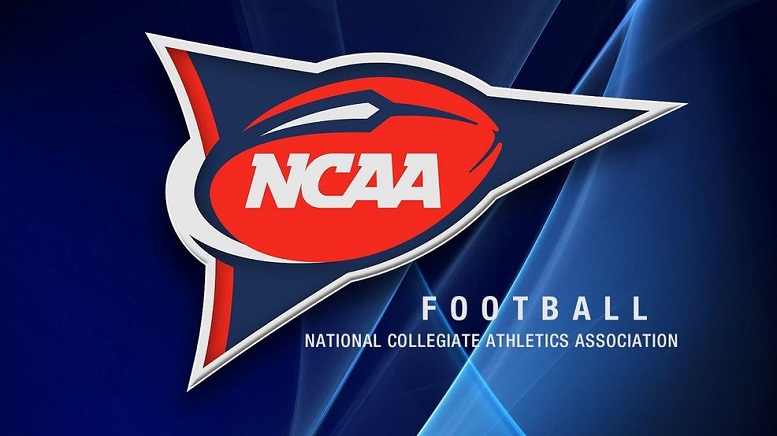The Big Ten made waves last month when it was announced that it would be postponing its Fall sports seasons. As one of the Power 5 conferences in college football, particularly college athletics, including such programs as Ohio State and Michigan, their decision was seen to be extremely influential.
It did not have the broad, sweeping impact that many believed that it might, however, and it wasn’t long before there was talk about their potentially pursuing a course of getting back on the field. Well, the conference announced yesterday that it would do just that, with play set to begin on October 24. And the Pac-12, the other Power 5 conference that postponed seasons, is also on the path to returning to play as well.
The league’s presidents and chancellors, according to ESPN, voted unanimously to resume competition, noting that they feel confident in their constituent programs’ abilities to conduct daily testing for Covid-19, as well as greater clarity in the latest medical intelligence regarding the impact of the coronavirus on health, though that information is continually evolving.
Still, it will not be a normal season. They will, for example, play only eight-game schedules, and hope to finish play prior to Christmas week. As would be expected, the games will also be played without fans in the stands, which is also the case in most NFL stadiums.
The schools are attempting to be diligent and cautious on the matter, particularly in the event that a player does test positive. A player must wait at least 21 days after testing positive before he can be permitted to return to play, during which time he will undergo a series of evaluations.
Those evaluations will include “comprehensive cardiac testing”, which appears to be a direct response to studies indicating a correlation between the coronavirus and signs of potentially serious and potentially long-term heart conditions, which could be more prominent in athletes of a larger build—namely offensive and defensive linemen.
The family of California University of Pennsylvania defensive lineman Jamain Stephens confirmed this week that their son passed away as a result of a blood clot that formed in his heart, which is a known potential side effect of Covid-19, for which he had tested positive a week earlier. Though his school had opted not to have a season, the football team was still practicing.
Needless to say, these are the sort of tragedies the Big Ten was looking to avoid when they first announced that they would be postponing the season. They evidently now feel confident enough in their ability to handle the circumstances to resume play, with greater protections in place.




